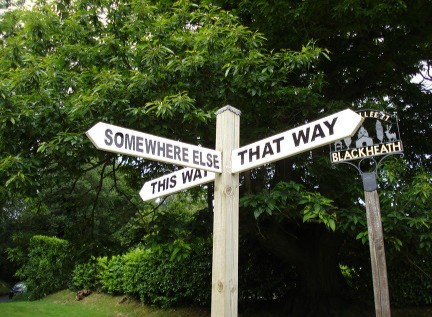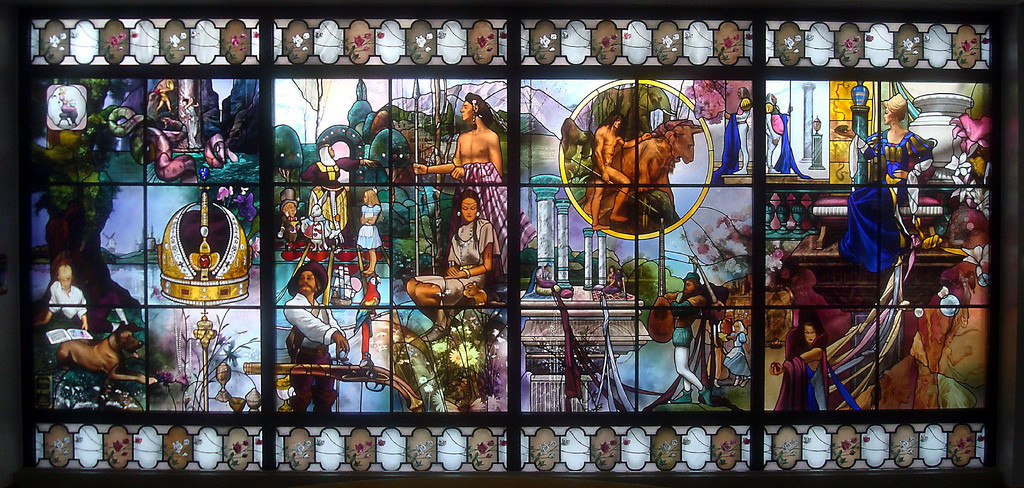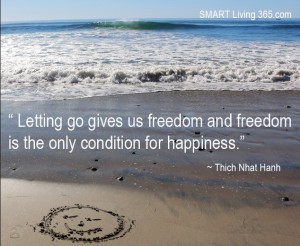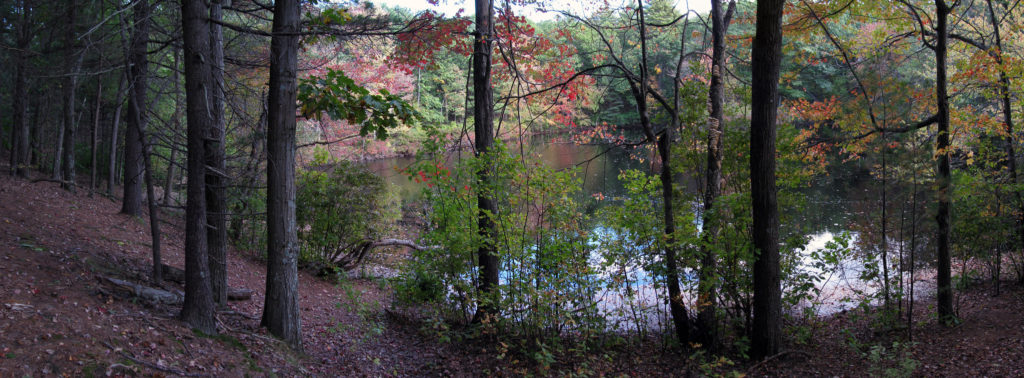What are the “almosts” in life? They are the times we think about now and again, or maybe too often, that resonate with the poem by Robert Frost, “The Road Not Taken.” Sometimes we call them “missed opportunities” or let words go through our minds like “I should have….” or wonder where we’d be if we’d only done something another way. This train of thought, if we let it linger, can bring regret, sadness, even anger and resentment. The truth is we are exactly where we are supposed to be, because we are in the life we have created. Those other paths are probabilities we’ll never know, but they don’t matter. Something inside us led us to make the choices we did that brought us to the present moment. That is what matters.
There is a theory in art that describes painting an image not by drawing the actual subject, but by drawing what is in the space around the subject, so that whatever emerges is a truer vision. If we look at the things we “almost” did, it is the same way—they are the space around us, out of which we emerged not as part of them, but as a unique subject born out of the unknown.
I have often wondered why I didn’t take this or that path that opened to me or for me. But that kind of thinking is tricky. Had I taken any of those “almost” opportunities, all the others would have closed. It is not as if all paths are open all the time—at least not in our earth-bound terms. Each one taken becomes its own world and sets up its own trajectory. We shift the trajectory each instant of time when we make a choice.
It’s often when we don’t feel we have a good enough handle on things that the other roads we might have taken, the choices we almost made, come to mind. We wish for the “almost” life.
But it is the “I” we are now that matters. So it seems important to me that we give into this life all we’ve got, trusting that it is the way it is for a reason. We are meant to live with our fullest energy and potential wherever we find ourselves, because this is our destiny here and now, not in some far away place or time that might have been. It is a wonderful unknown to reveal.







